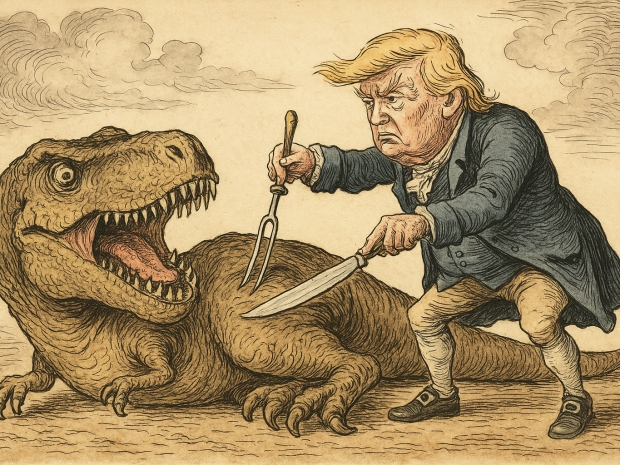Charlene Barshefsky, former US trade representative, joined Intel’s board in 2004 and served until 2018. Reed Hundt, ex-FCC chair, was on the board for 19 years, from 2001 to 2020. James Plummer, Stanford engineering dean and chip scholar, served from 2005 to 2017, while Harvard strategy professor David Yoffie clocked nearly 29 years and even did a stint as lead independent director.
The four argue that Intel’s model of vertical integration is dead weight and that only a government-backed buyout can unlock its value. Their plan would see Washington and a consortium of US design firms including Nvidia, Microsoft, Amazon, Apple, Qualcomm, Broadcom and Google buy up Intel’s public stock and split it into separate firms.
One company would focus entirely on manufacturing to try to match TSMC, while another would handle chip design for PCs, servers and data centres. Intel’s stake in Mobileye and its venture capital arm would be sold off.
“The strategic goal is to disaggregate the conglomerate that may have served Intel well in the past but no longer meets the country’s need for an American foundry,” the quartet wrote.
They estimate Intel’s foundry business has a $70 billion book value but is bleeding cash and needs up to $100 billion in new capital to compete with TSMC. Split off, the design units could each be worth around $100 billion, with Mobileye adding another $15 billion.
Going private would let Intel escape quarterly earnings pressure, lure back talent with better pay packages, and prepare the pieces for IPOs or sales within three years. They compare it to the break-up of AT&T in the 1980s, which unlocked huge value in a similar timeframe, the four argue.
Some insist Intel can recover without outside intervention, or that a rival like Broadcom should be allowed to fix it. But the quartet argue that politics make such acquisitions impossible.
“Right now, the United States government and Nvidia own a problem. By taking charge of the situation, they can create a tremendous opportunity to do good for the taxpayer,” the former board members claim.

